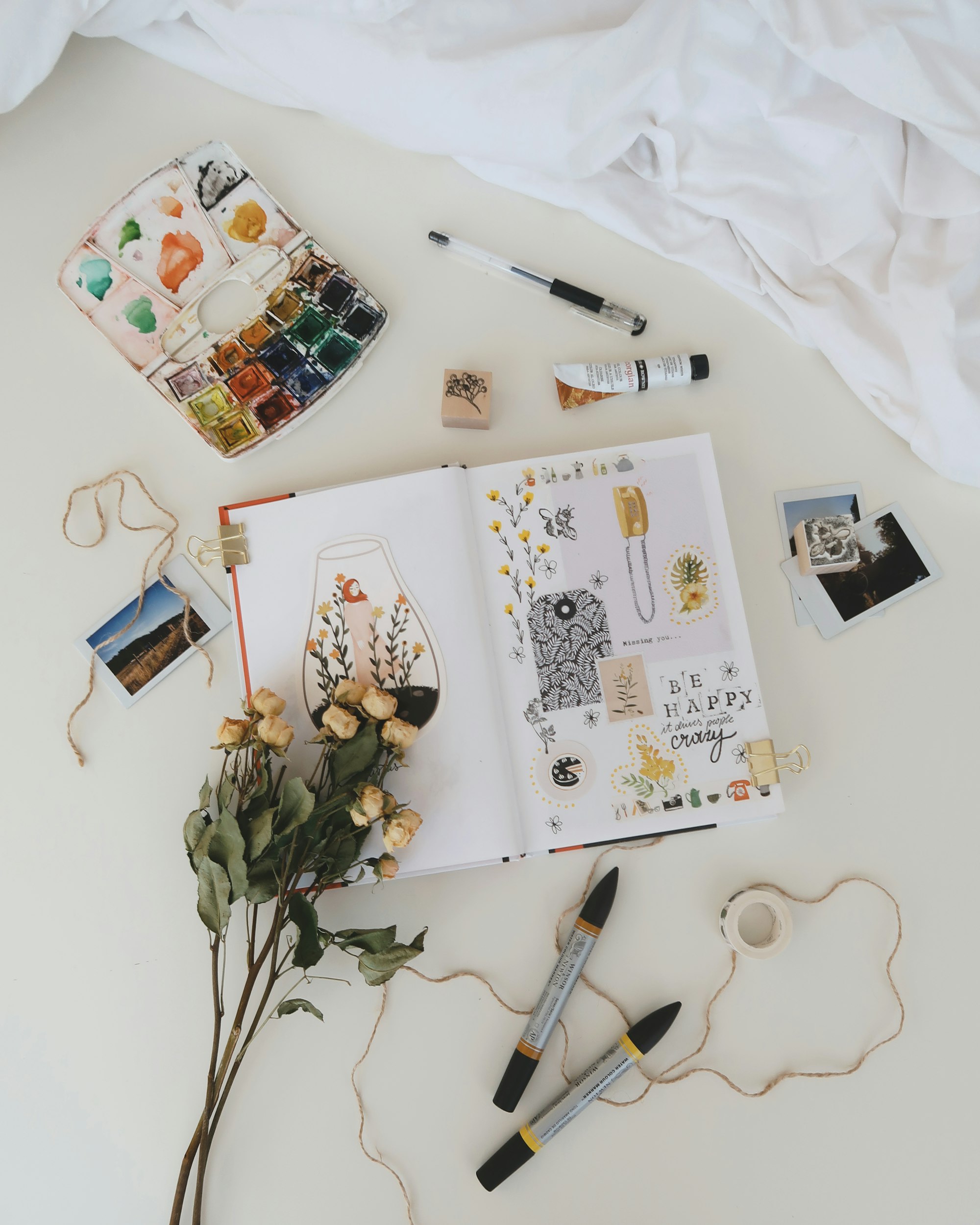Can coaching really help with creative ideas, careers and businesses? We explain more about creativity coaching and how it could benefit you

Around half of us think we’re creative, yet 75% of us believe we aren’t living up to our full creative potential. Whether you’re an artist, writer, musician, crafter, performer, run a creative business or side hustle, or are some other kind of creative, chances are, you’ve experienced a creative block.
Creative block (where you feel like you are lacking inspiration, are stuck, or other barriers are stopping you from being creative) can last anywhere from days to years. Many different things can cause a creative block, from fear of failure to perfectionism or even stress.
Feeling blocked isn’t the only thing that can hold creatives back. Perhaps you feel like you’re stagnating, or you aren’t sure how to take your craft to the next level. Or maybe you feel like you’ve got the creative side down, but don’t know how to turn your passion into something you can share with others.
Could working with a professional creativity coach be the answer?
What is creativity coaching?
A creative coach helps you to work through barriers that may be holding you back, as well as to develop your creative skills. If you’re struggling with self-doubt, low self-confidence, or even imposter syndrome, a creative coach can help offer support and guidance, introducing you to new tools, techniques, and coping mechanisms to help you build your confidence, challenge self-doubting thoughts, and feel more comfortable sharing your creativity with others.
Creativity coaches can help you to gain clarity and momentum with your ideas. Providing a space to explore your creative ideas without fear of judgement, a coach can offer support, guidance and accountability. Through working with someone who can help you set goals, identify milestones, and plan how you want to grow, you can create a sense of accountability and a more firm timeline, which can often be beneficial for creatives who struggle to complete projects.
Some creative coaches may specialise in a particular area of creative work, while others may work more generally within the creative industry. Creative coaches often share their specific areas of experience and expertise on their profiles, or many are happy to have a quick introductory call to see if what you’re looking for help with is an area where they can offer support.
How do I know if creativity coaching is right for me?
Coaching in general can have a significant impact on your self-confidence and self-belief. Many find that it can help increase their performance in certain areas, help them learn new methods of organisation, planning, and even help them improve certain skills.
Creativity coaching isn’t just about helping overcome creative blocks. If your job has a creative element, you are looking to launch a creative business or to turn a hobby into a business, creative coaching could be right for you. A coach may also be able to help offer tips and guidance around marketing and self-branding for creative-led businesses, helping you to